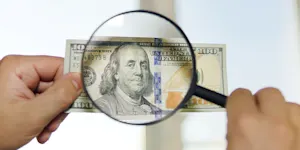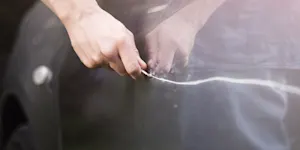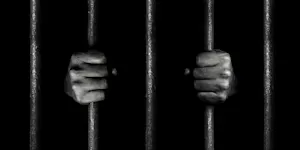What Makes This Word Tick
"Ephemera" describes things that are fleeting or short-lived. The kind of things you might find in a scrapbook — tickets, programs, or postcards — they're delightful while they last but not meant for permanence. But oh, they do leave a charming mark on our memories!
If Ephemera Were a Person…
Picture Ephemera as that fascinating friend who breezes through town, leaving tales of whirlwind adventures. They might not stay long, but their stories and energy linger, bringing a colorful spark to life that you savor long after they've gone.
How This Word Has Changed Over Time
Historically, "ephemera" referred to items that lasted just a day, like a mayfly or morning dew. Over time, it shifted to encapsulate printed or written objects designed for short-term use but cherished by collectors, transforming the transient into keepsakes.
Old Sayings and Proverbs That Use Ephemera
While old sayings don't feature "ephemera" directly, they capture its essence: "Here today, gone tomorrow" and "Easy come, easy go." These phrases remind us of the fleeting nature of life and material things, reflecting ephemera’s short-lived spirit.
Surprising Facts About Ephemera
Did you know that ephemera has a dedicated fan base among collectors? There's even the Ephemera Society of America! What was meant for temporary use, like vintage concert tickets or event programs, often becomes treasured historical pieces, painting vivid pictures of bygone days.
Out and About With This Word
"Ephemera" pops up in everything from art galleries to flea markets, where what’s fleeting gains new life. Artists love using ephemera in collages, lending an air of nostalgia and a wink at impermanence. You might stumble upon it in charming corner shops dedicated to the delights of the past.
Pop Culture Moments Where Ephemera Was Used
In the realm of pop culture, ephemera shines in movies about time capsules or memorials to bygone eras. Think of scenes with characters leafing through old letters or finding forgotten concert tickets — it's that nostalgic nod to life's temporality.
The Word in Literature
Ephemera flutters into literary works, breathing life into settings filled with nostalgia or historic references. Authors capturing fleeting moments often employ it to evoke memories or emotions tied to impermanence — a powerful tool in storytelling’s arsenal.
Moments in History with Ephemera
The 1969 moon landing might not directly mention ephemera, but the ticket stubs, newspapers, and photos from that era embody it. These items, initially mundane, now serve as cherished keepsakes of an iconic moment in human history.
This Word Around the World
In Japanese, there's the concept of "mono no aware," which beautifully expresses the bittersweet awareness of life's transience and ephemera’s poetic nature. Other cultures celebrate similar tenets, showcasing the universal appreciation for the fleeting and the beautiful.
Where Does It Come From?
The word "ephemera" originates from the Greek word "ephēmeros," meaning "lasting only a day." It began its English journey in the late 16th century, capturing the essence of brevity whether in nature or paper form.
How People Misuse This Word
Sometimes folks misconstrue ephemera as being synonymous with triviality. While it denotes brevity, it doesn't suggest insignificance. The ephemeral can be profound, evoking deep nostalgia or historical significance.
Words It’s Often Confused With
Paraphernalia: While both deal with items, paraphernalia often suggests equipment associated with a particular activity, not necessarily short-lived.
Trinkets: These refer more to small decorative items, which might be permanent keepsakes rather than ephemeral.
Memorabilia: Refers to items worth preserving for memories, which doesn't imply they're short-lived.
Additional Synonyms and Antonyms
Synonyms of "ephemera" might include "transience," "trifles," and "fleeting items." An antonym could be "permanence," suggesting something lasting and enduring, quite the opposite of ephemeral.
Want to Try It Out in a Sentence?
"Grandma's attic was a treasure trove of ephemera, each postcard and letter telling short-lived stories long forgotten by time."
















